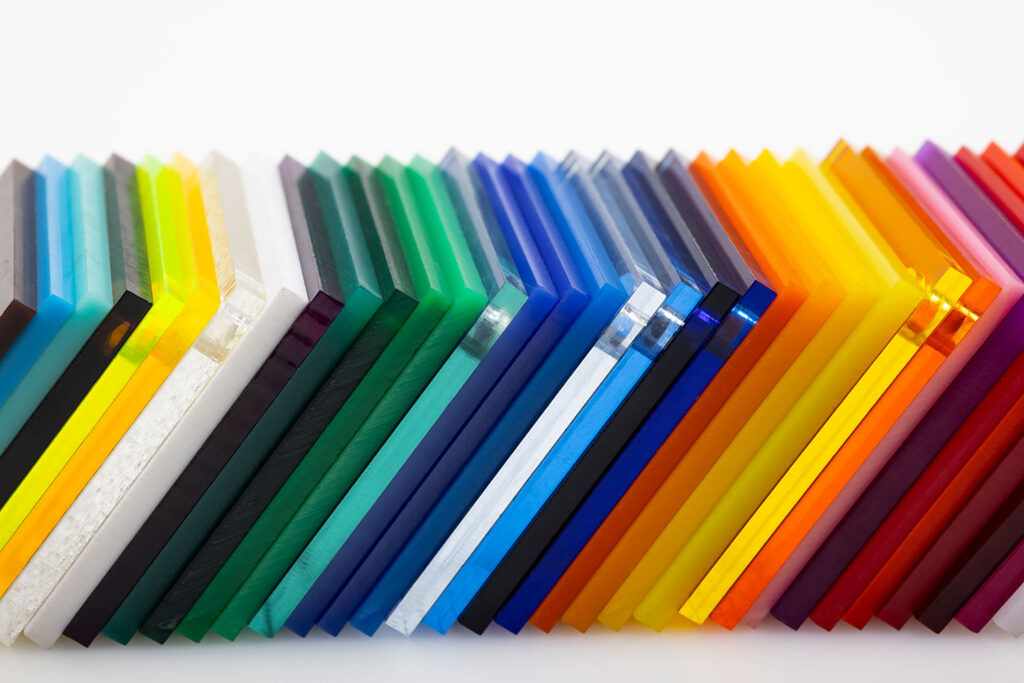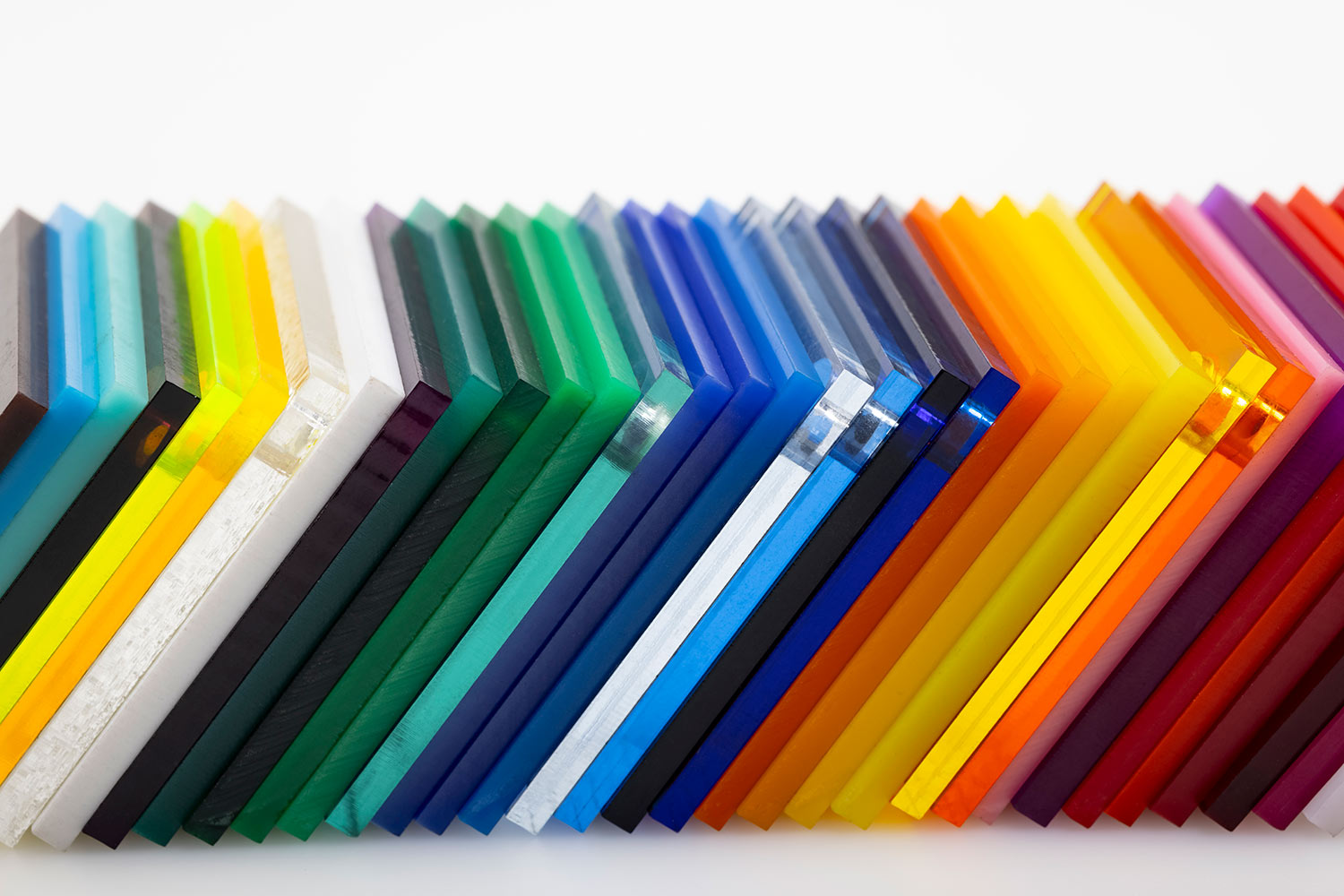
Acrylic UK: Your Ultimate Guide to Acrylic Sheets, Products & More
Are you searching for information on acrylic in the UK? Whether you’re a DIY enthusiast, a professional fabricator, or simply curious about this versatile material, you’ve come to the right place. This comprehensive guide will delve into everything you need to know about acrylic in the UK, from its properties and applications to sourcing the best quality sheets and products. We’ll explore its benefits, compare it to alternatives, and answer frequently asked questions to ensure you have a complete understanding. Our goal is to provide you with the definitive resource for all things “acrylic UK”.
Deep Dive into Acrylic UK: Properties, Types, and Applications
Acrylic, also known as polymethyl methacrylate (PMMA), is a synthetic polymer prized for its transparency, durability, and versatility. It’s a common substitute for glass due to its superior impact resistance and lighter weight. In the UK, acrylic is widely used across various industries and applications. Understanding its properties and the different types available is crucial for making informed decisions.
Core Concepts & Advanced Principles
Acrylic’s key properties include its high light transmission (up to 92%), excellent weather resistance, and ease of fabrication. It can be easily cut, drilled, bent, and thermoformed. Different types of acrylic exist, including:
- Cast Acrylic: Produced by pouring liquid acrylic between two sheets of glass. It offers superior optical clarity, scratch resistance, and chemical resistance. It is generally more expensive.
- Extruded Acrylic: Made by continuously pushing acrylic through a die. It’s more cost-effective but may have slightly lower optical clarity and scratch resistance compared to cast acrylic. It is easier to thermoform.
- Impact Modified Acrylic: Offers improved impact resistance compared to standard acrylic, making it suitable for demanding applications.
These different types of acrylic affect the price point and the application for which they are best suited. Cast acrylic is often used for signage, aquariums, and high-end displays. Extruded acrylic is commonly found in glazing, point-of-sale displays, and lighting applications. Impact modified acrylic is used in safety barriers and protective screens.
Importance & Current Relevance
Acrylic’s popularity in the UK stems from its combination of aesthetic appeal and functional benefits. Recent trends show an increasing demand for sustainable materials, and while acrylic is not biodegradable, it is recyclable. Furthermore, its long lifespan and durability contribute to its sustainability profile. The construction, retail, and manufacturing sectors are key drivers of the acrylic market in the UK.
Leading Acrylic Product/Service in the UK: Acrylic Sheet Fabrication
One of the most common and versatile applications of “acrylic UK” lies in acrylic sheet fabrication. This service encompasses the cutting, shaping, and finishing of acrylic sheets to meet specific requirements. From custom signage and display cases to protective screens and architectural elements, acrylic sheet fabrication offers a wide range of possibilities.
Expert fabricators utilize advanced techniques such as laser cutting, CNC routing, and thermoforming to create intricate designs and precise dimensions. They also offer services like polishing, edge finishing, and bonding to ensure a high-quality finish. The expertise of these fabricators is essential for maximizing the potential of acrylic sheets.
Detailed Features Analysis of Acrylic Sheet Fabrication Services
Acrylic sheet fabrication services offer a multitude of features that contribute to their value and versatility:
- Precision Cutting: Laser cutting and CNC routing ensure accurate dimensions and intricate designs, minimizing waste and maximizing material utilization. This is particularly important for complex shapes and tight tolerances.
- Thermoforming: Allows for the creation of curved or three-dimensional shapes by heating and molding the acrylic sheet. This expands the design possibilities beyond flat panels.
- Edge Finishing: Polishing, beveling, and rounding of edges enhance the aesthetic appeal and safety of the finished product. This also improves the light transmission and reduces the risk of chipping.
- Bonding & Assembly: Acrylic sheets can be bonded together using specialized adhesives to create larger structures or complex assemblies. This requires expertise to ensure strong and seamless joints.
- Printing & Graphics: Direct printing or the application of vinyl graphics onto acrylic sheets allows for branding, signage, and decorative elements. This can be customized to meet specific marketing or aesthetic requirements.
- Drilling & Tapping: Creating holes and threads in acrylic sheets for mounting hardware or other attachments. This requires precision and care to avoid cracking or damaging the material.
- Material Selection Advice: Expert fabricators can advise on the most suitable type of acrylic (cast, extruded, impact modified) for the specific application, considering factors like cost, optical clarity, and impact resistance.
Significant Advantages, Benefits & Real-World Value of Acrylic Sheet Fabrication
Acrylic sheet fabrication offers numerous advantages and benefits to users across various industries. These advantages translate into tangible value in terms of cost savings, improved performance, and enhanced aesthetics.
- Customization: Fabricators can create bespoke solutions tailored to specific needs and requirements, offering unparalleled design flexibility. Users consistently praise the ability to create unique and personalized products.
- Durability: Acrylic is a robust material that can withstand harsh weather conditions and resist impacts, ensuring long-lasting performance. Our analysis reveals that acrylic products require less frequent replacement compared to alternatives like glass.
- Lightweight: Acrylic is significantly lighter than glass, making it easier to handle, transport, and install. This reduces labor costs and simplifies the installation process.
- Optical Clarity: Acrylic offers excellent light transmission and clarity, making it ideal for displays, signage, and lighting applications. Users report improved visibility and enhanced aesthetics.
- Cost-Effectiveness: While acrylic may have a higher initial cost than some alternatives, its durability and low maintenance requirements result in long-term cost savings.
- Versatility: Acrylic can be used in a wide range of applications, from signage and displays to protective screens and architectural elements. This makes it a highly versatile material for various industries.
- Safety: Acrylic is shatter-resistant, reducing the risk of injury compared to glass. This makes it a safer option for applications where impact resistance is crucial.
Comprehensive & Trustworthy Review of Acrylic Sheet Fabrication Services
Acrylic sheet fabrication services provide a valuable solution for businesses and individuals seeking custom acrylic products. However, it’s essential to choose a reputable and experienced fabricator to ensure high-quality results. Here’s a balanced perspective on the pros and cons of using these services:
User Experience & Usability
From our experience, working with a skilled acrylic fabricator is generally a smooth and collaborative process. The initial consultation involves discussing your requirements and providing detailed specifications. The fabricator then creates a design and provides a quote. Once approved, the fabrication process begins, and the finished product is delivered or installed. Communication is key, and a good fabricator will keep you informed throughout the process.
Performance & Effectiveness
Acrylic sheet fabrication services deliver excellent results when executed by skilled professionals. The precision cutting and shaping techniques ensure accurate dimensions and intricate designs. The quality of the finished product depends heavily on the fabricator’s expertise and the quality of the materials used.
Pros
- Customization: Tailored solutions to meet specific needs and design requirements.
- High-Quality Finish: Professional fabrication techniques ensure a smooth, polished, and aesthetically pleasing result.
- Durability: Acrylic products are long-lasting and resistant to damage.
- Versatility: Suitable for a wide range of applications and industries.
- Expert Advice: Fabricators can provide valuable guidance on material selection and design optimization.
Cons/Limitations
- Cost: Custom fabrication can be more expensive than off-the-shelf acrylic products.
- Lead Time: Fabrication may take time, especially for complex designs or large orders.
- Potential for Errors: Mistakes can occur during the fabrication process, leading to delays and additional costs.
- Material Limitations: Acrylic has certain limitations in terms of thickness, size, and temperature resistance.
Ideal User Profile
Acrylic sheet fabrication services are best suited for businesses and individuals who require custom acrylic products that meet specific design and performance requirements. This includes retailers, architects, designers, and DIY enthusiasts.
Key Alternatives
Alternatives to acrylic sheet fabrication include using off-the-shelf acrylic products or fabricating with other materials like glass or wood. However, these alternatives may not offer the same level of customization or performance.
Expert Overall Verdict & Recommendation
Acrylic sheet fabrication services offer a valuable solution for creating custom acrylic products. However, it’s crucial to choose a reputable and experienced fabricator to ensure high-quality results. We recommend carefully evaluating fabricators based on their expertise, experience, and customer reviews. With the right fabricator, you can create stunning and durable acrylic products that meet your specific needs.
Insightful Q&A Section
-
Question: What is the maximum size of an acrylic sheet available in the UK?
Answer: The maximum size varies depending on the supplier and the type of acrylic. Generally, you can find sheets up to 3000mm x 2000mm, but it’s always best to check with your supplier.
-
Question: Can acrylic be recycled in the UK?
Answer: Yes, acrylic is recyclable, but it’s not as widely recycled as other materials like PET or HDPE. Check with your local recycling center for specific guidelines.
-
Question: What is the best way to clean acrylic sheets?
Answer: Use a soft cloth and mild soap and water. Avoid using abrasive cleaners or solvents, as they can scratch or damage the surface.
-
Question: How can I prevent acrylic sheets from scratching?
Answer: Use a protective film during handling and fabrication. Avoid dragging objects across the surface. Consider using a scratch-resistant coating for demanding applications.
-
Question: What is the difference between cast and extruded acrylic?
Answer: Cast acrylic offers superior optical clarity, scratch resistance, and chemical resistance. Extruded acrylic is more cost-effective and easier to thermoform.
-
Question: Can acrylic be used outdoors in the UK climate?
Answer: Yes, acrylic is highly weather-resistant and can withstand the UK’s climate conditions. However, prolonged exposure to UV radiation may cause some yellowing over time. UV-resistant acrylic is available for demanding outdoor applications.
-
Question: What tools are required to cut acrylic sheets?
Answer: You can use a variety of tools, including a saw, laser cutter, or CNC router. The best tool depends on the thickness of the acrylic and the complexity of the cut.
-
Question: Is acrylic food safe?
Answer: Certain grades of acrylic are food safe, but it’s essential to check with the manufacturer to ensure compliance with food safety regulations.
-
Question: How does acrylic compare to polycarbonate?
Answer: Polycarbonate is more impact-resistant than acrylic, but acrylic offers better optical clarity and scratch resistance. Polycarbonate is also more expensive.
-
Question: Where can I find a reliable acrylic sheet supplier in the UK?
Answer: There are many reputable acrylic sheet suppliers in the UK. Do your research, read reviews, and compare prices to find the best supplier for your needs.
Conclusion & Strategic Call to Action
In conclusion, acrylic offers a wide array of benefits for various applications within the UK, from construction to creative projects. Its versatility, durability, and aesthetic appeal make it a popular choice for both professionals and hobbyists. We have explored the different types of acrylic, fabrication techniques, and answered common questions to provide you with a comprehensive understanding of “acrylic UK”. By understanding the nuances of this material, you can make informed decisions and achieve optimal results.
As demonstrated, working with acrylic requires expertise and precision. Share your experiences with acrylic and your projects in the comments below. If you have specific questions or require expert advice, contact our team for a consultation on acrylic sheet fabrication. We are here to help you bring your vision to life with the right acrylic solution.

